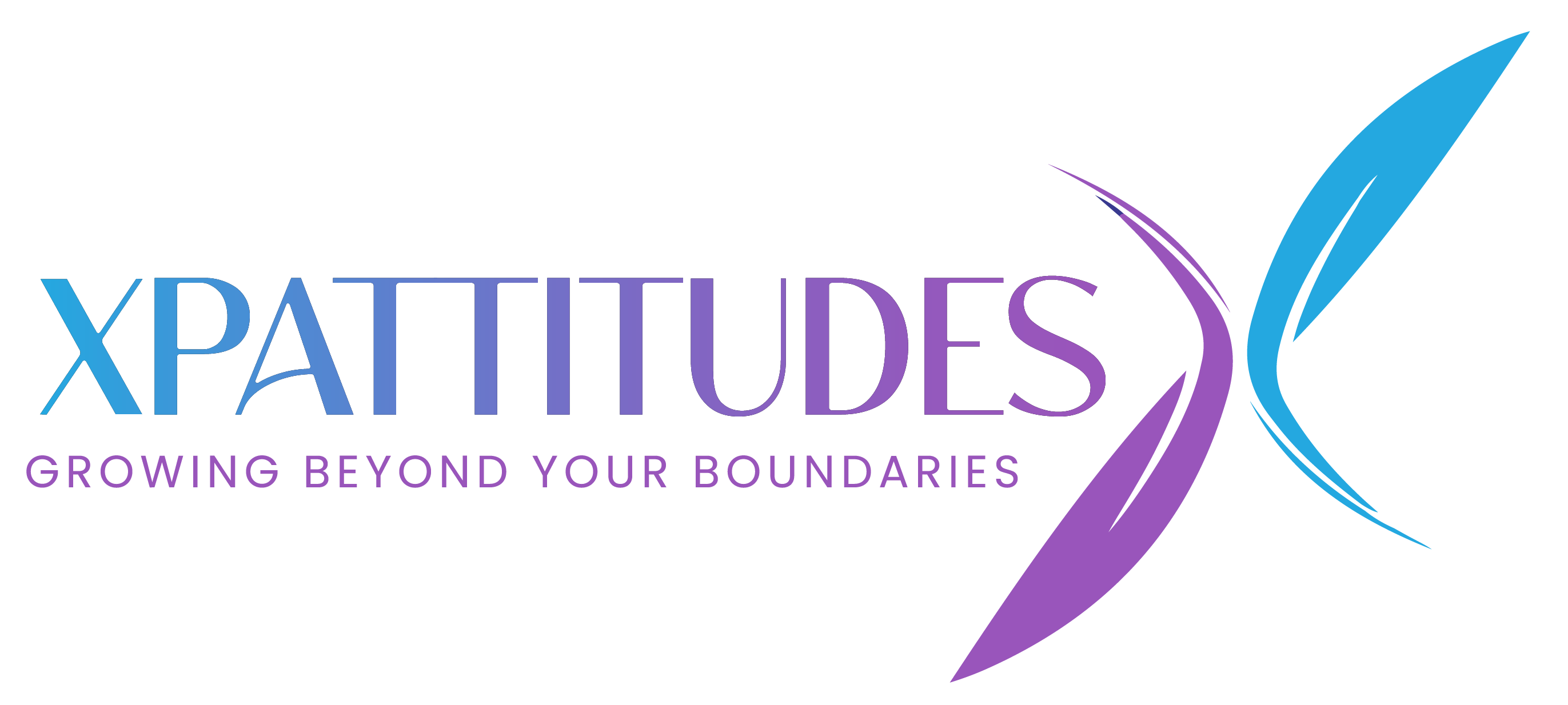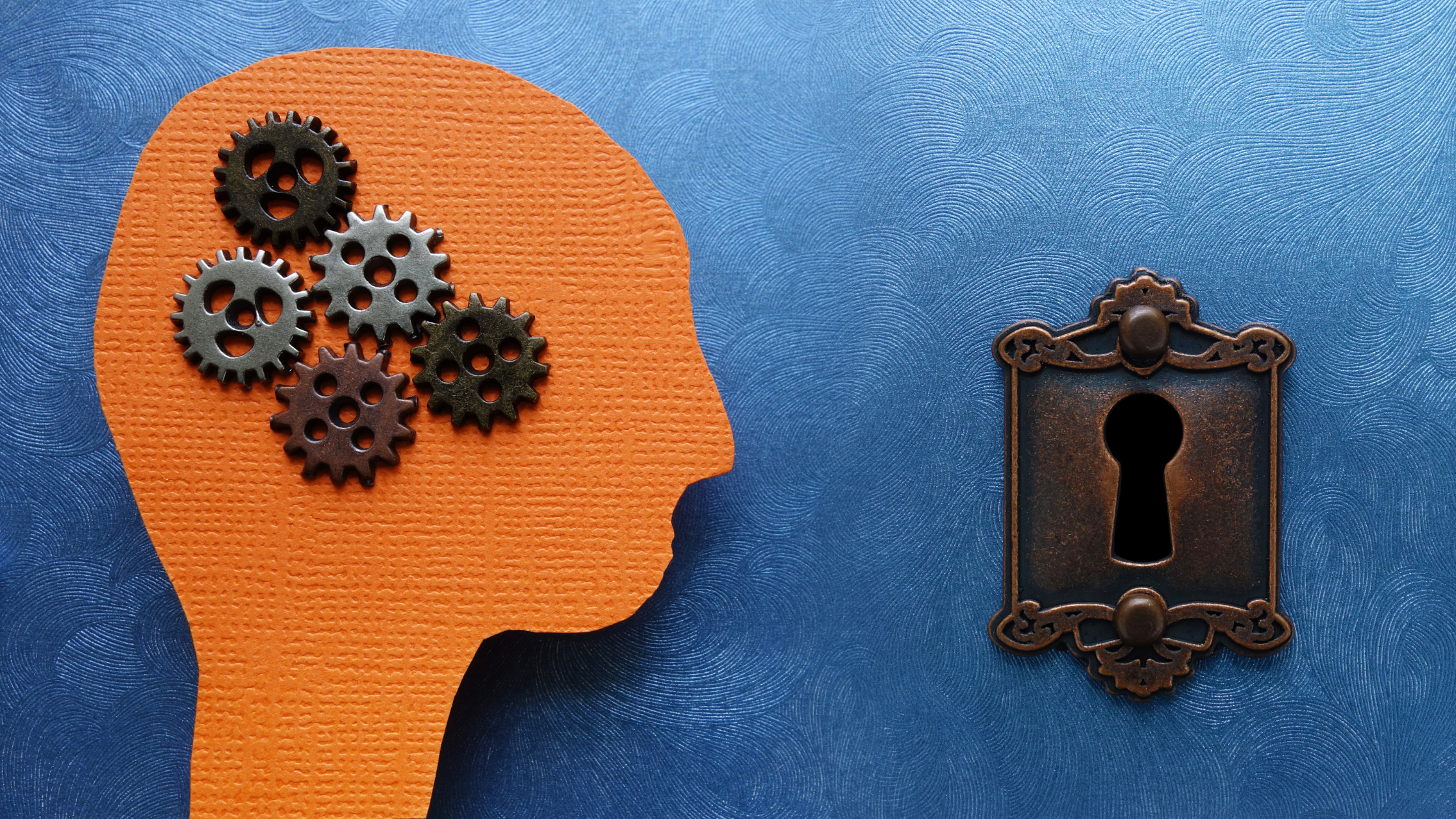Emotional intelligence—often referred to as EQ—is a concept everyone talks about, but few take the time to truly understand it. At first glance, it sounds vague: “Be more empathetic,” “Manage your emotions better.” But when explored deeply, EQ reveals itself as a powerful tool for personal growth and connection.
So, what do you know about emotional intelligence? In this blog, we’ll break it down into clear, practical terms. We’ll explore definitions from experts, dig into real-life relevance backed by studies, and uncover how anyone—regardless of background—can develop stronger emotional awareness. Honest and grounded, this post delivers value and clarity you can use day to day.
What Is Emotional Intelligence?
The term “emotional intelligence” was popularized by psychologist Daniel Goleman, who defined it as the ability to recognize, understand, and manage emotions in yourself and others. It’s not just about being nice—it’s about being aware of why you react and how your emotions ripple into your relationships and choices.
You might find similar explanations on platforms like Positive Psychology or The Greater Good Science Center.
Why Emotional Intelligence Matters
Personal Well‑being & Resilience
Emotional intelligence isn’t fluff—it’s a resilience framework. People with high EQ tend to report lower stress levels, better mental health, and more consistent mood regulation. A 2019 meta-analysis in Frontiers in Psychology found that EQ strongly predicts well-being and life satisfaction.
During challenging life transitions—personal loss, relocation, career shifts—anger, anxiety, and overwhelm often come from unchecked emotions. Developing EQ empowers you to recognize emotional triggers early, pause, and respond more thoughtfully.
Career & Relationship Success
Collaborating well with others often hinges less on technical skills and more on EQ. According to a study from Harvard Business Review, emotionally intelligent individuals outperform others in multicultural teams, conflict resolution, and leadership roles.
Workplaces and personal relationships thrive when emotional awareness leads to constructive feedback, reciprocal trust, and healthy boundaries. Even Google noticed: their Project Oxygen revealed EQ-based leadership qualities outperformed IQ or technical skills.
The Five Key Components of EQ
Self‑Awareness
This is your inner radar—recognizing emotional patterns as they happen. Self-aware people can name what they’re feeling and understand why. Tools like mood journals or personality quizzes can support this awareness.
Self‑Regulation
Emotionally intelligent individuals respond rather than react. They can pause, breathe, and choose a more aligned response. Simple tools like deep breathing exercises, labelled emotions, or a short walk help build this muscle.
Motivation
This is about emotional drive—being able to stay inspired, set meaningful goals, and persist despite setbacks. EQ helps reading frustration as a signal to pivot, not to give up.
Empathy
Understanding others’ emotions—without overidentifying—is perhaps the most visible part of EQ. It’s noticing emotional undercurrents in conversations, asking thoughtful questions, and responding with respect. Brené Brown and other emotional intelligence researchers emphasize empathy as a powerful connector.
Social Skills
These skills include communication, building trust, listening deeply, and managing group dynamics. EQ-informed communication allows for assertiveness, clarity, and emotional boundaries.
How to Strengthen Each EQ Component
- Reflect Daily: Use prompts like “What emotion did I resist today? Why?”
- Practice Mindfulness: Short meditations on body sensations and thoughts reduce reactivity.
- Emotional Labeling: Identify an emotion by name—like “hurt,” “pride,” or “confusion”—then reflect on its cause.
- Role-Playing Difficult Conversations: Try real scenarios (feedback, conflict) with a friend or coach to build empathy and response skills.
- Seek Feedback: Ask a trusted colleague or friend: “How did I come across? What did I miss?”
Also, many expat coaching programs—including Sandra Bonifacio’s—offer practical frameworks to grow these skills in a structured way inherent to cultural transitions.
FAQs About Emotional Intelligence
Q1: Is emotional intelligence something you’re born with?
Partly, but it’s mostly learned. You can improve EQ at any age through deliberate practice.
Q2: Can EQ replace IQ in success?
In many cases, yes. Studies show emotional intelligence is more predictive of leadership, adaptability, and relationship harmony than IQ alone.
Q3: How quickly can I improve EQ?
You’ll notice small changes in weeks. Long-term growth comes through consistent practice over months.
Q4: Is EQ coaching only for expats?
Not at all. While it’s helpful for cultural transitions, EQ training helps anyone navigating personal or professional change.
Q5: Are there free tools to start building EQ?
Yes: journaling apps, mindfulness tools, mood tracking like Mood Meter, and self-reflection prompts.
Q6: Can strong EQ reduce conflict at work or home?
Absolutely. EQ helps you understand emotional triggers—both yours and theirs—and respond instead of react.
What Is EQ Worth to You?
By now you know what emotional intelligence truly is—why it matters and how it supports better personal resilience, healthy relationships, and cultural adaptation. More than a buzzword, EQ is a daily habit: the art of noticing emotions, pausing, and responding with choice.
If you’re ready to go deeper—turning these insights into real-life emotional growth—consider exploring Sandra Bonifacio’s Expert Expat Coaching, which helps people cultivate higher EQ during life transitions and cultural shifts.








